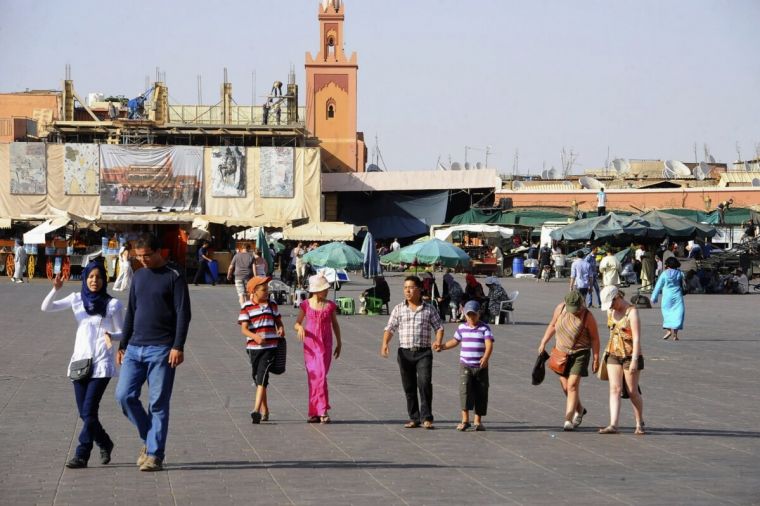Faith leaders to hold conference on rights of religious minorities in Muslim countries
Christian leaders are set to attend a Muslim-led summit in Morocco seeking to reaffirm the rights of minority religious groups living in Muslim-majority countries, according to RNS.

Over three hundred Islamic scholars and jurists, muftis, and government ministers of religion from Muslim-majority nations – including Egypt, Turkey, Iraq, Pakistan and Iran – are expected to attend the forum. It will aim to issue a declaration insisting that the protection of religious minorities, including Christians, is deeply rooted in traditional Islamic law.
Organisers have claimed the summit will be the first of its kind on Islamic law and religious minorities in the 1,400 year history of the religion.
The meeting plans to promote the "Charter of Medina" issued by the Prophet Muhammad in 622 AD, which ensured the protection of religious freedom. Included in this charter, for example, is Article 17: "No Jew will be wronged for being a Jew."
"The prophet was religiously persecuted, so he knew first hand what it was to experience religious persecution," said Shaykh Hamza Yusuf, co-founder of Zaytuna College, the first Muslim liberal arts college in America.
"His religion ensured the rights of religious minorities."
The conference will seek to counter "the idea that Muslims and non-Muslims can't live together," Yusuf added. "This is not who we are or who we want to be."
While the 24-27 January conference will be led by Muslim scholars, representatives from the Christian, Jewish, Hindu and Sikh religions have been invited, including representatives from the Vatican.
Cardinal Theodore McCarrick, a retired archbishop of Washington DC, Palestinian Bishop Munib Younan, elected president of the Lutheran World Federation and the Evangelical Lutheran Church Bishop of Palestine, and Rabbi Burt Visotzky from the Jewish Theological Seminary in New York are all expected to attend.
That the summit will be Muslim-led is significant, however, as the issue of religious freedom will be addressed "from within the tradition of Islam," said Imam Mohamed Magid, executive director of the All Dulles Area Muslim Society, an influential mosque in Virginia.
That the declaration would be drawn from the Muslim faith lends weight to Magid's hope that it would be used when political policies and school curricula are designed in Muslim-majority countries.
The conference is being hosted by the Forum for Promoting Peace in Muslim Societies alongside the Ministry of Endowments and Islamic Affairs of the Kingdom of Morocco.











